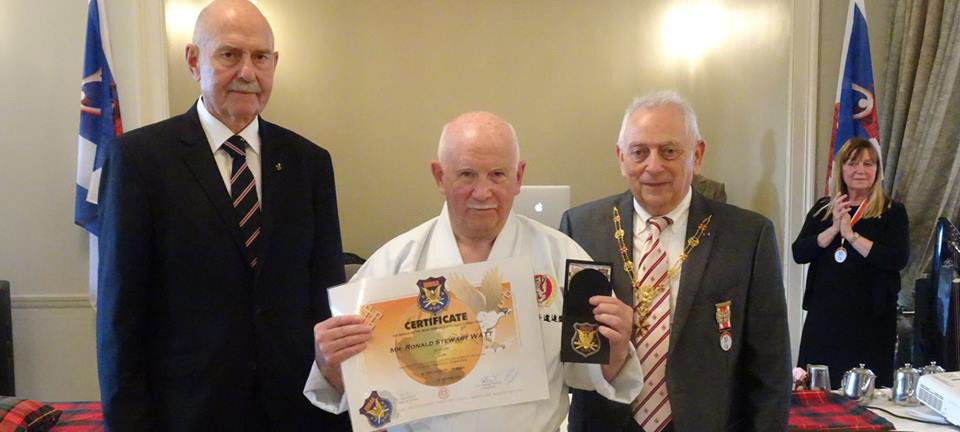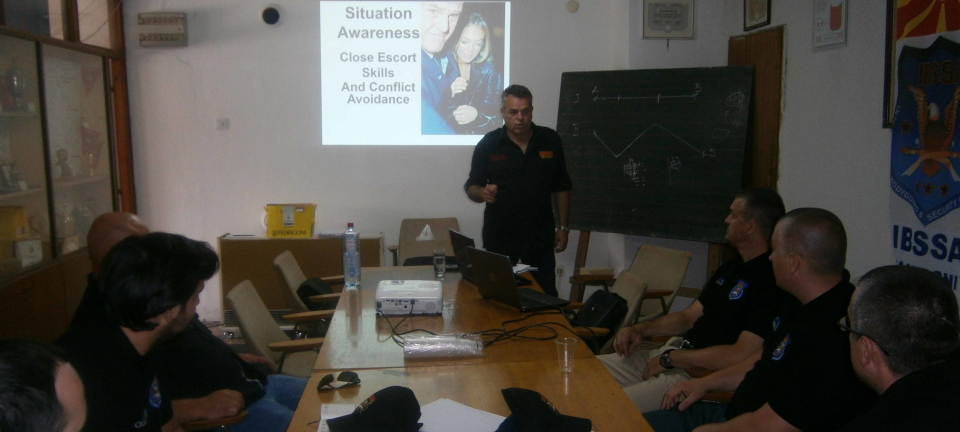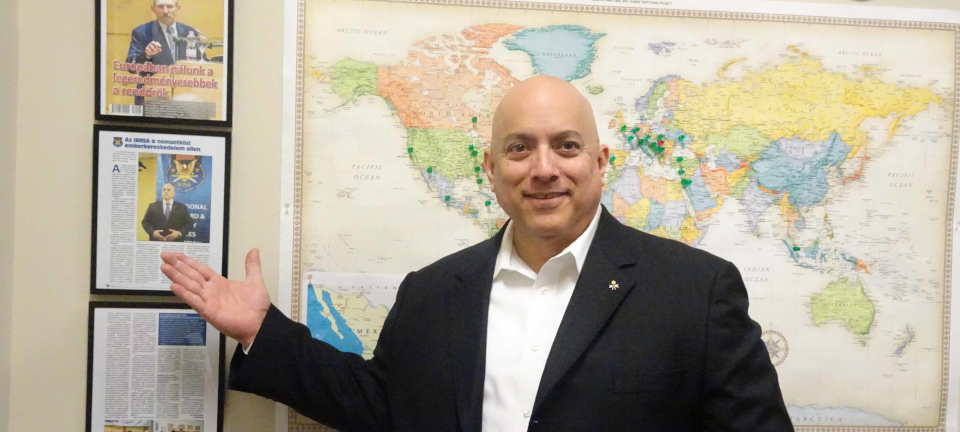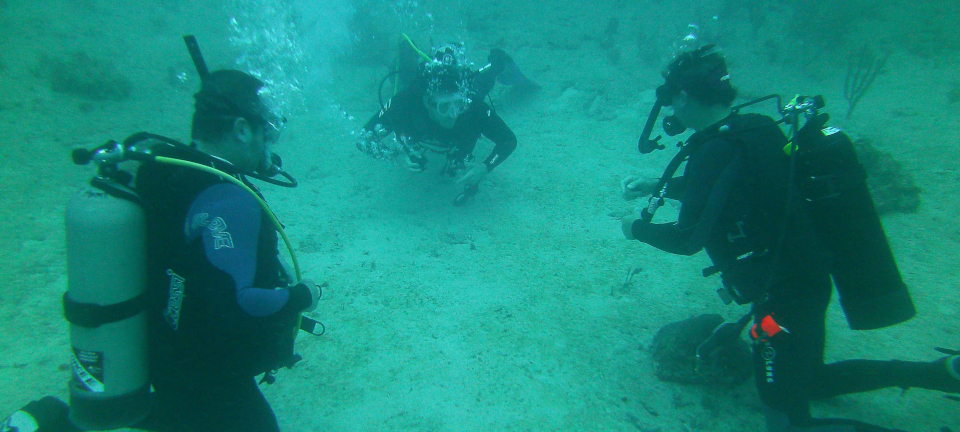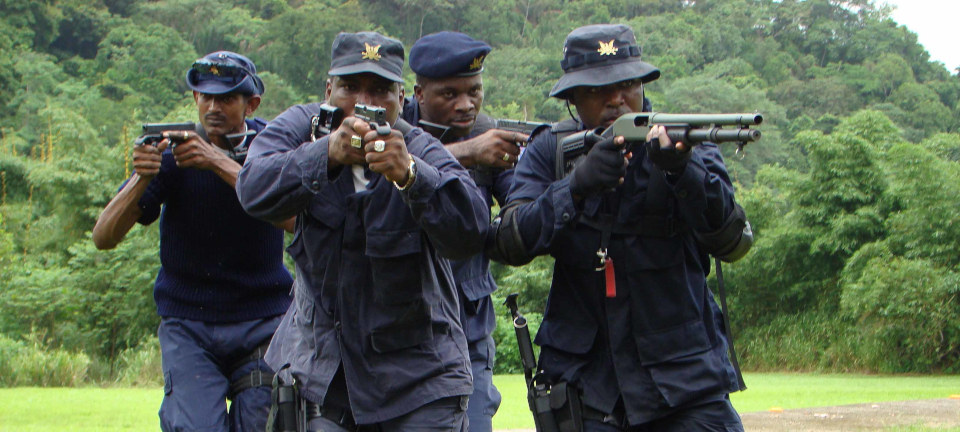
Attention - 26th June 2007, Budapest
IBSSA - as one of the leading organisations in the fight against drugs - calls upon the attention of its members and partners to join this invitation:
As we mark International Day against Drug Abuse and Illicit Trafficking, there are some grounds for optimism that the run-away train of drug addiction is being slowed down. The 2007 World Drug Report issued today by the United Nations Office on Drugs and Crime (UNODC) provides further evidence that the world drug problem is being controlled. For almost every kind of illicit drug – cocaine, heroin, cannabis and amphetamine-type stimulants – there are signs of overall stability, whether we speak of cultivation, production or abuse.
Some obvious problems remain, like opium in the South of Afghanistan – a cancer that threatens security and health and breeds corruption. Furthermore, progress made in some countries is being offset by negative trends elsewhere. It is also hard to be conclusive about the drug situation in some of the world’s biggest and fastest growing countries because of a lack of data. Nevertheless, from a global perspective, the problem seems to be contained. In the past few years, the world drug situation has stabilized.
This does not mean that the drug problem has been solved or that we can become complacent. Drugs remain a deadly form of addiction, pose a real danger to security and health, and are ruining the lives of millions of people worldwide. There is still much work to be done.
Since we should not take our foot off the brake, I encourage you to use the occasion of this day to impress upon your governments, your family, friends and co-workers the need to continue to push back against drugs.
Further support is needed to reduce the vulnerability of farmers to the temptation of illicit incomes. Further improvements are needed in drug law enforcement – particularly through regional cooperation – to stop the drug producers and traffickers.
But even if the entire supply of drugs could be eliminated at the source and seized along trafficking routes, there would still be millions drug addicts looking for a way to satisfy their addiction. Therefore, the highest priorities in the fight against drugs should be prevention, helping people free themselves from drug dependence, and getting them back into society.
It is encouraging to see a growing realization that drug addiction is an illness that can be prevented and treated. More investment is needed. This is an investment in the health of our societies as much as treating HIV, diabetes or tuberculosis.
In the years ahead, we hope that evidence will grow to support the trend towards a tipping point in the fight against drugs. If we all, within our communities and among the family of states, continue to shoulder our share of the responsibility, further progress can be made.
26th June 2007, Budapest


